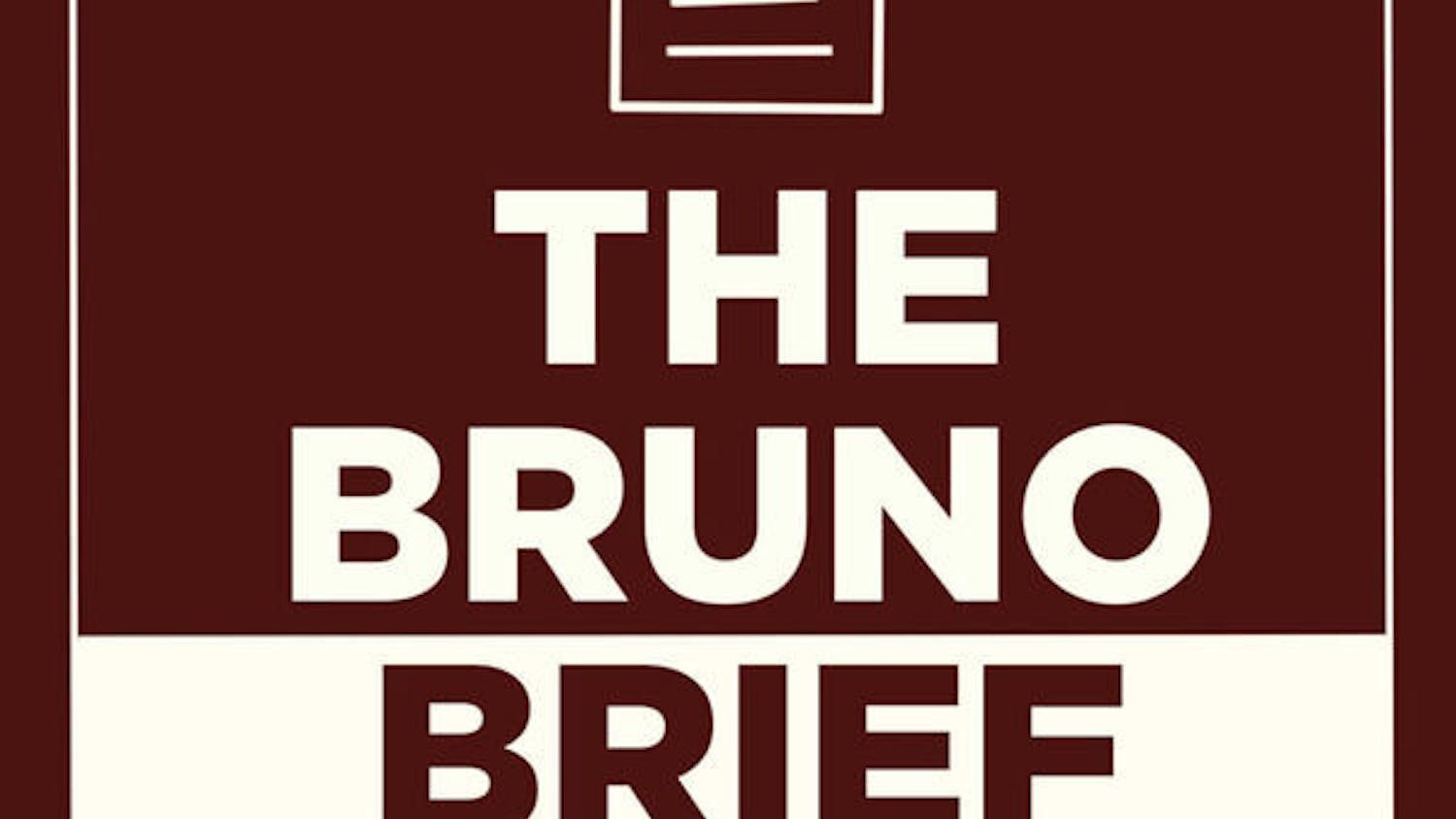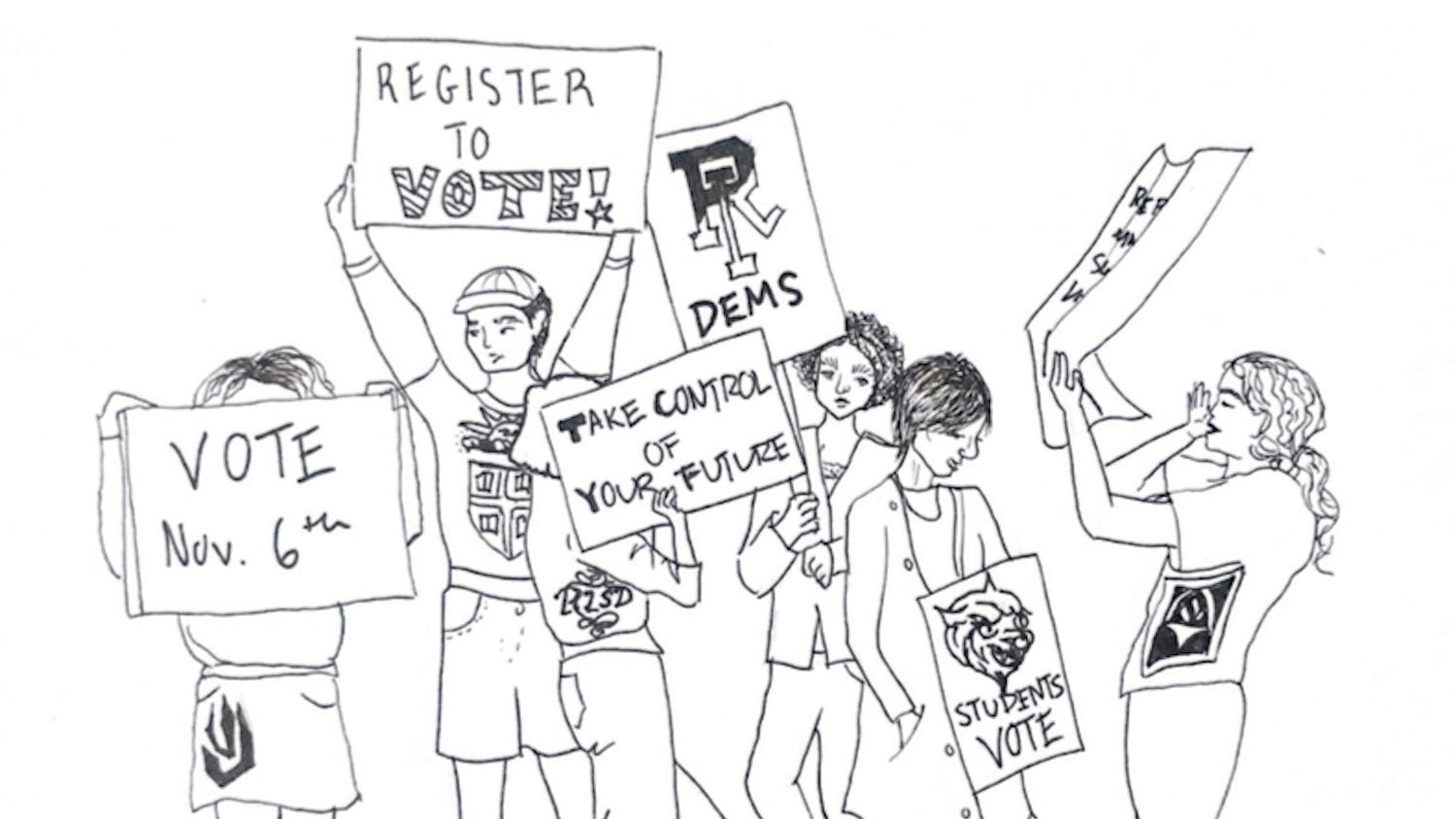A Massachusetts appeals court found that police officers' warrantless search of a Boston College dorm room was legal, Inside Higher Ed reported on Dec. 28.
The decision reversed a lower court's dismissal of indictments against two undergraduates at the school on charges of psilocybin mushroom and marijuana possession with intent to distribute, and trafficking in cocaine, according to the publication.
In 2007, a trial court ruled that the initial search of the two students' dormitory, which turned up large amounts of cocaine and marijuana, was unlawful, the Boston Globe reported.
But the appeals court ruled that the warrantless search was legal because it was prompted by reports that there were weapons in the students' dorm. Possession of weapons, while legal under state and federal law, violate the college's policy, according to Inside Higher Ed.
The appeals court also found that the Boston College police officers had sought a written consent form to search the dorm, to which the students conceded, the Globe reported.
The students argued that they didn't know they had a choice in signing the waiver, but the court ruled that "the defendants were college students whose age and level of education equipped them to understand what was being asked of them and that they had an option to refuse," Inside Higher Ed reported.
Professors' group calls laptop searches ‘invasive'
Professors who travel abroad risk having the contents of their laptops seized, searched or held by U.S. Customs and Border Patrol agents, drawing ire from a group of academics.
Since early 2008, the U.S. Department of Homeland Security has enforced "a new and invasive policy" giving customs agents the authority to investigate laptops and other electronic materials "without any suspicion of wrongdoing by the traveler," according to a press release from the American Association of University Professors.
The AAUP, in collaboration with civil liberties organizations, has continually pursued the issue since last May, the release stated.
Customs agents' authority to investigate private data without reasonable individualized suspicion could have detrimental consequences for professors who frequently travel abroad for research and teaching purposes, the release stated.
"AAUP members conduct innumerable types of research, collaborate with counterparts abroad, and privately practice medicine, law, and psychiatry," AAUP General Secretary Gary Rhoades wrote in a March 2009 letter to Secretary of Homeland Security Janet Napolitano. "Adequate protection for privacy and confidentiality are therefore matters of serious professional concern for our members."




